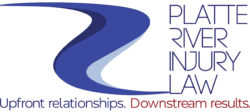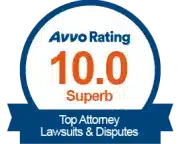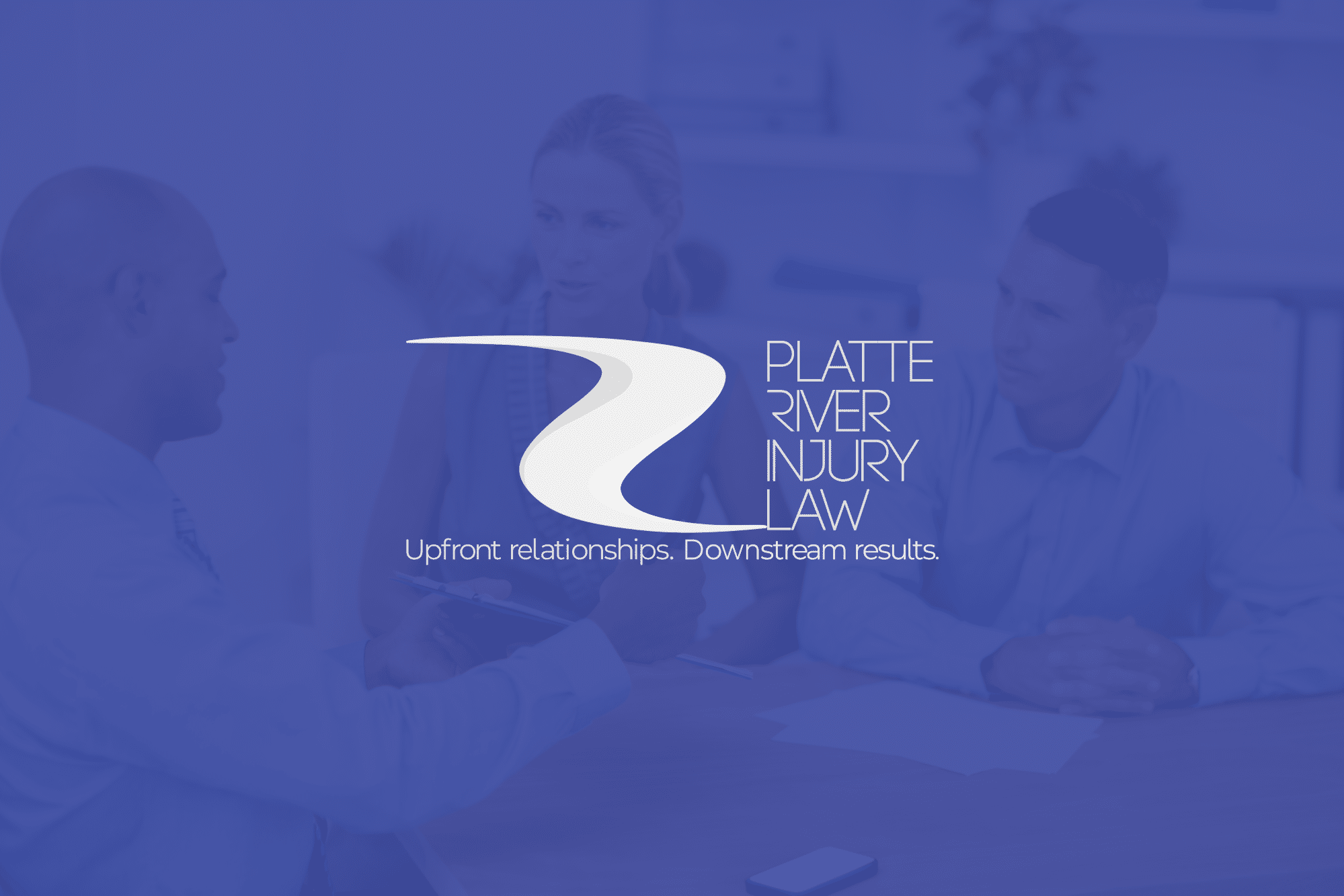Property owners owe visitors a duty to keep their property in a reasonably safe condition.
When property owners violate this duty, they are “negligent,” and injured victims can sue them.
At Platte River Injury Law, we meet with people who have been injured in slip and fall or trip and fall accidents who need help paying medical bills and replacing lost wages.
If the property owner failed to keep their property reasonably safe, and our clients were injured as a result, then our clients can sue.
So What Does “Reasonably Safe” Mean?
This isn’t always obvious. For one thing, property owners do not guarantee that you will not be injured on their property. The law only requires that they take steps to keep the property “reasonably” safe in light of all the circumstances.
A court will look at several factors, such as the following:
- The dangerous condition that injured you
- The likelihood that you would be injured by the dangerous condition
- The seriousness of your injury
- How burdensome it would be to avoid the risk of harm
For example, imagine if you went onto a neighbor’s property and fell into a hole the owner had recently dug. There was no notice or warning that there was a hole in the ground, and the hole was very deep.
In this situation, the landowner might have been negligent because it is relatively easy to warn people of a hole in the ground and the hazard was sufficiently dangerous that someone could be seriously injured.
By contrast, if your neighbor put up sawhorses around the hole and you ignored them, then your neighbor might not be negligent. Instead, you could be to blame for own injuries—meaning you were negligent.
Did the Owner Know of the Hazard?
This is key in slip and fall negligence cases. Generally, a landowner must know of the hazard to have a legal duty to make the hazard safe.
For example, if a landowner dug a hole in the ground, then he knows about it. If he went out walking and saw the hole, he also knows about it. However, if a sinkhole opened up spontaneously on a part of the property he never visits, then he does not know about it.
Sometimes, a property owner does not need to actually know of a dangerous condition if it is reasonably probable that it would occur, or if it was foreseeable.
Also, store owners must protect customers against dangers they could discover by using reasonable care. For example, a store owner should regularly have someone walk the aisles to check for spilled liquids or other debris. If he doesn’t, then he might be negligent.
Have You Been Injured in a Fall? Speak to Us Today
After a slip and fall, you need an experienced personal injury lawyer in Casper to look into your case.
At Platte River Injury Law, our clients have received compensation to help them cover medical bills and replace lost wages. Call us today at 307-215-9724 to schedule your free initial consultation. We represent injured victims around the state.





